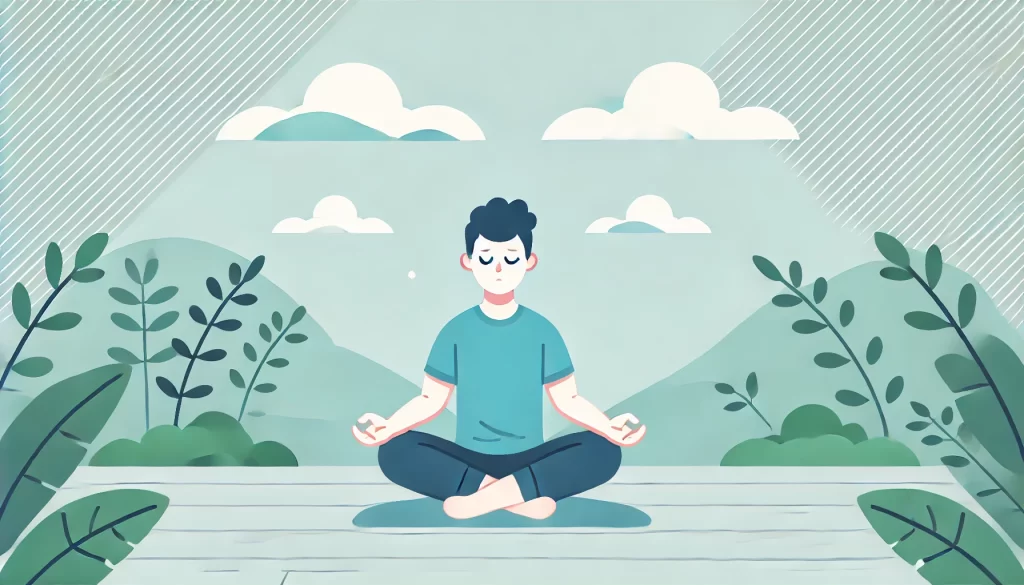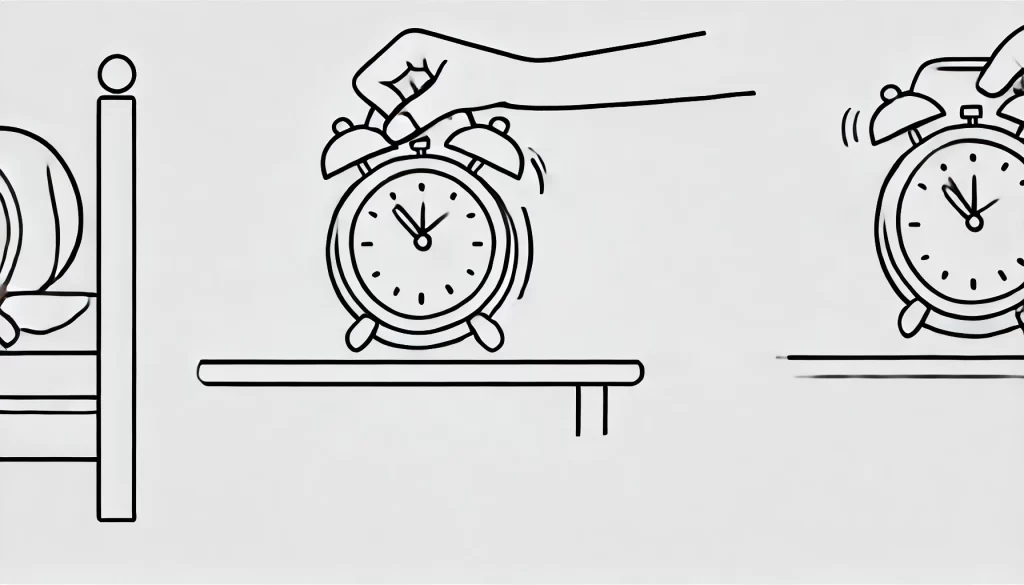8 Steps to Create a Mindful Evening Routine
In today’s fast-paced world, finding moments of peace and calm can feel like a luxury. We spend our days juggling work, family, social obligations, and personal goals, leaving little time to slow down and be present. That’s why creating a mindful evening routine can be a game-changer. It’s an intentional way to transition from the busyness of the day to a place of rest and relaxation, allowing both your mind and body to unwind.
The key to a mindful evening routine isn’t about perfection or rigid schedules; it’s about tuning into what feels right for you and creating space for peace in your evening hours. Let’s explore eight simple yet effective steps you can take to create your own mindful evening routine.
1. Unplug from Technology

The first step to a mindful evening is disconnecting from the constant stream of information that comes through your devices. Technology, while useful during the day, can keep your mind in a state of alertness well into the evening if you don’t set boundaries.
Start by setting a time when you’ll disconnect from work emails, social media, and other forms of digital engagement. For some, this might be an hour before bed; for others, it could be longer. You could try turning off notifications or setting your phone on “Do Not Disturb” mode.
Why it works: Unplugging allows your brain to slow down and helps you become more present in your surroundings. It signals to your mind that it’s time to wind down, making it easier to relax before sleep.
2. Create a Calm Atmosphere

Your environment plays a huge role in how you feel, especially in the evening. To foster a more peaceful and mindful evening, create a calm atmosphere in your home or bedroom. This can be as simple as dimming the lights, lighting a candle, or playing soft music.
Consider decluttering your space, as clutter can often lead to mental chaos. A tidy, tranquil space promotes relaxation and allows you to fully immerse yourself in the moment.
Why it works: A calming environment can help ease stress and anxiety, making it easier for you to relax. Your brain responds to sensory cues like dim lighting and soft sounds, which promote a sense of calm and safety.
3. Practice Gratitude

Taking a few moments at the end of your day to reflect on what you’re grateful for can shift your mindset from stress to contentment. Whether it’s something big or small, writing down three to five things you’re thankful for can help you focus on the positive aspects of your day.
You don’t have to limit this practice to a journal. You can simply sit quietly and reflect, or even share these thoughts with a loved one before bed.
Why it works: Practicing gratitude has been linked to improved mental health, better sleep, and a more positive outlook on life. It helps shift your focus away from what went wrong during the day and onto what went right.
4. Enjoy a Relaxing Activity

Incorporating a relaxing activity into your evening can help you transition from the hustle of the day into a more restful state. The key is to choose something that truly relaxes you and makes you feel good, without overstimulating your brain.
This could be anything from reading a book, listening to a podcast, knitting, or even doing some light stretching. The idea is to find an activity that brings you joy without requiring too much mental energy.
Why it works: Engaging in a relaxing activity helps your body and mind wind down gradually. It serves as a buffer between the high-energy demands of your day and the restful state you need for sleep.
5. Mindful Breathing or Meditation

Incorporating mindful breathing or meditation into your evening routine can help center your thoughts and calm your mind. Mindful breathing is a simple practice where you focus on your breath as it moves in and out of your body, helping you stay present.
Even five to ten minutes of meditation or deep breathing can make a significant difference in how you feel before bed. If you’re new to meditation, you can try a guided meditation app or focus on taking slow, deep breaths.
Why it works: Mindful breathing and meditation activate the parasympathetic nervous system, which helps your body relax. These practices reduce stress, lower your heart rate, and prepare you for a restful night’s sleep.
6. Reflect on Your Day, Without Judgment

Reflection is an important part of mindfulness, but it’s essential to approach it with compassion. Take a few moments at the end of your day to review what happened. Instead of critiquing yourself for what didn’t go well, simply observe your thoughts and feelings without judgment.
Ask yourself questions like, “What went well today?” or “What could I do differently tomorrow?” The goal is not to dwell on mistakes, but to cultivate awareness about your daily habits and behaviors.
Why it works: Self-reflection allows you to gain insight into your thoughts and actions, which can promote personal growth. By removing judgment, you’re more likely to find peace with where you are, rather than feeling stressed or anxious about what’s left undone.
7. Establish a Consistent Bedtime

One of the best things you can do for your overall well-being is to establish a consistent bedtime. Going to bed at the same time each night helps regulate your circadian rhythm, making it easier to fall asleep and wake up refreshed.
A consistent bedtime also supports mindfulness by creating structure in your routine. When your body knows it’s time for bed, it starts winding down naturally, which can help you avoid late-night tossing and turning.
Why it works: A regular sleep schedule helps improve sleep quality and promotes better health. Your body thrives on routine, and having a consistent bedtime allows you to wake up feeling more rested and energized.
8. Wind Down with Herbal Tea

As part of your evening routine, consider sipping on a calming cup of herbal tea. Teas like chamomile, peppermint, or lavender can soothe your nervous system and help prepare your body for sleep.
Drinking herbal tea can also become a mindful ritual. Focus on the warmth of the cup in your hands, the aroma of the tea, and the slow, intentional sips. This simple act can ground you in the present moment, allowing you to fully relax.
Why it works: Herbal teas have natural calming properties that can help reduce stress and anxiety. They also signal to your body that it’s time to slow down and prepare for rest.
Final Thoughts
Creating a mindful evening routine doesn’t have to be complicated. It’s all about intentionally slowing down, being present, and giving yourself permission to unwind from the day. Whether you unplug from technology, practice gratitude, or enjoy a cup of tea, the steps you take can make a significant impact on your overall well-being. By establishing a routine that works for you, you’ll find yourself feeling more balanced, rested, and ready to take on whatever comes your way.
Start small by incorporating one or two of these steps, and over time, you’ll build a mindful evening routine that feels natural and restorative.








